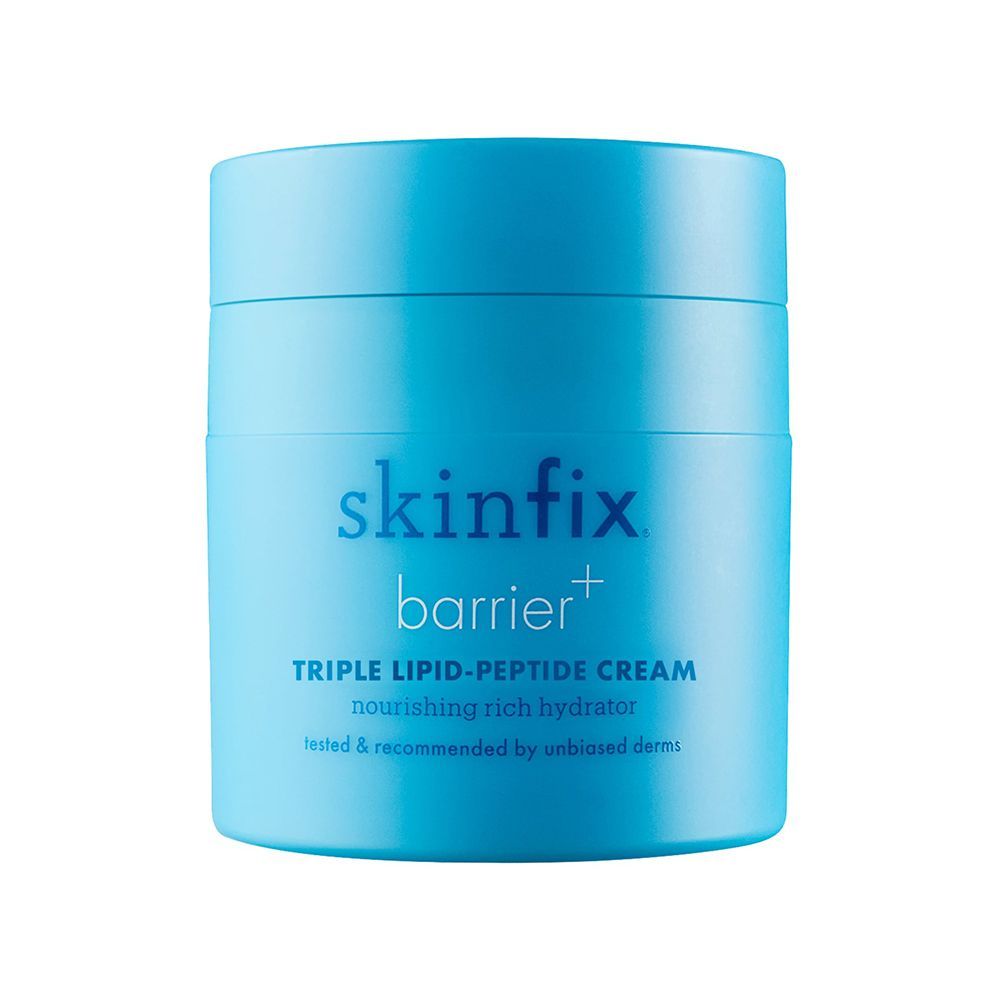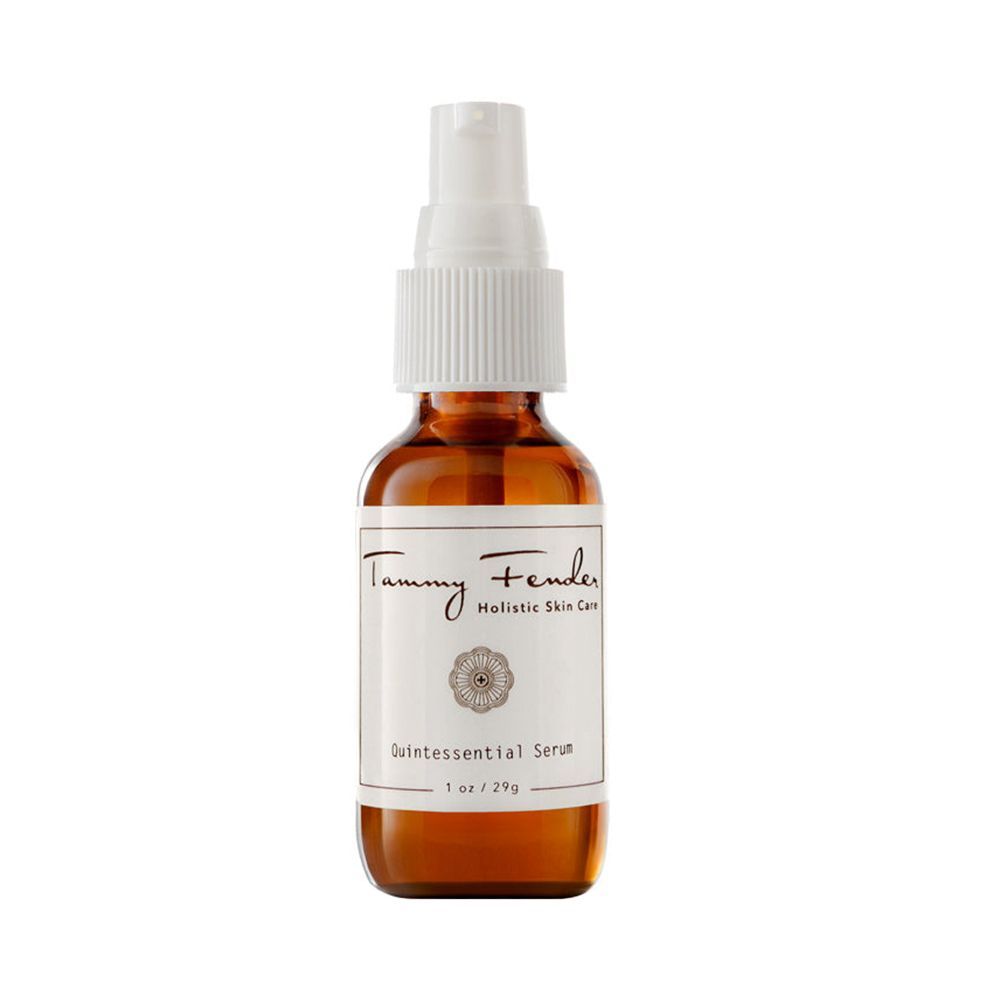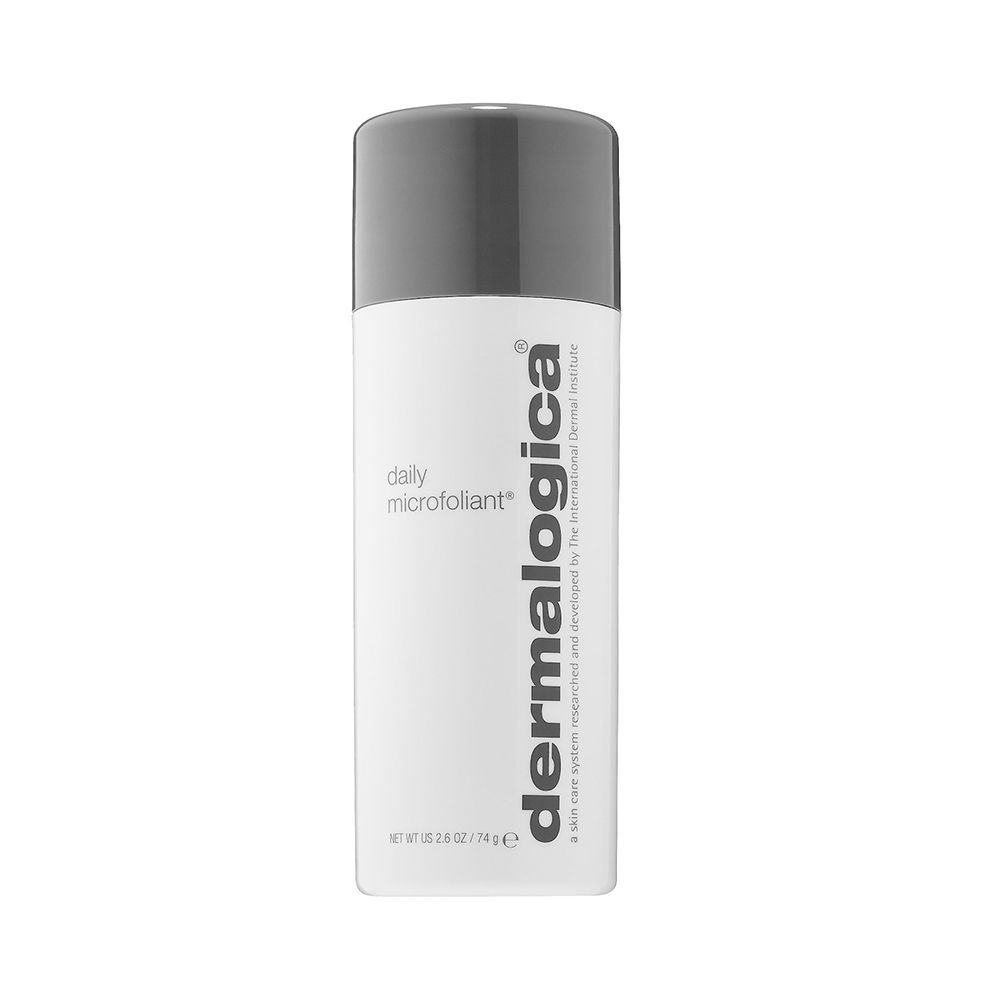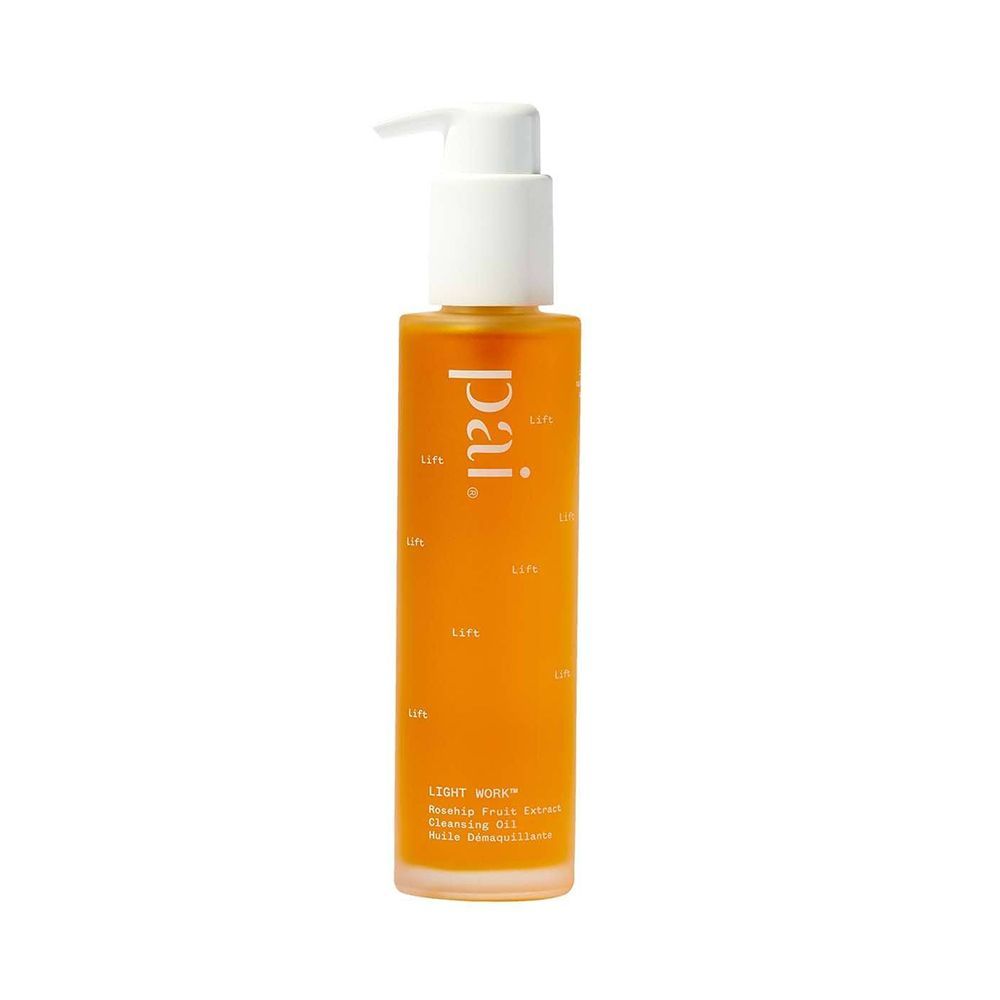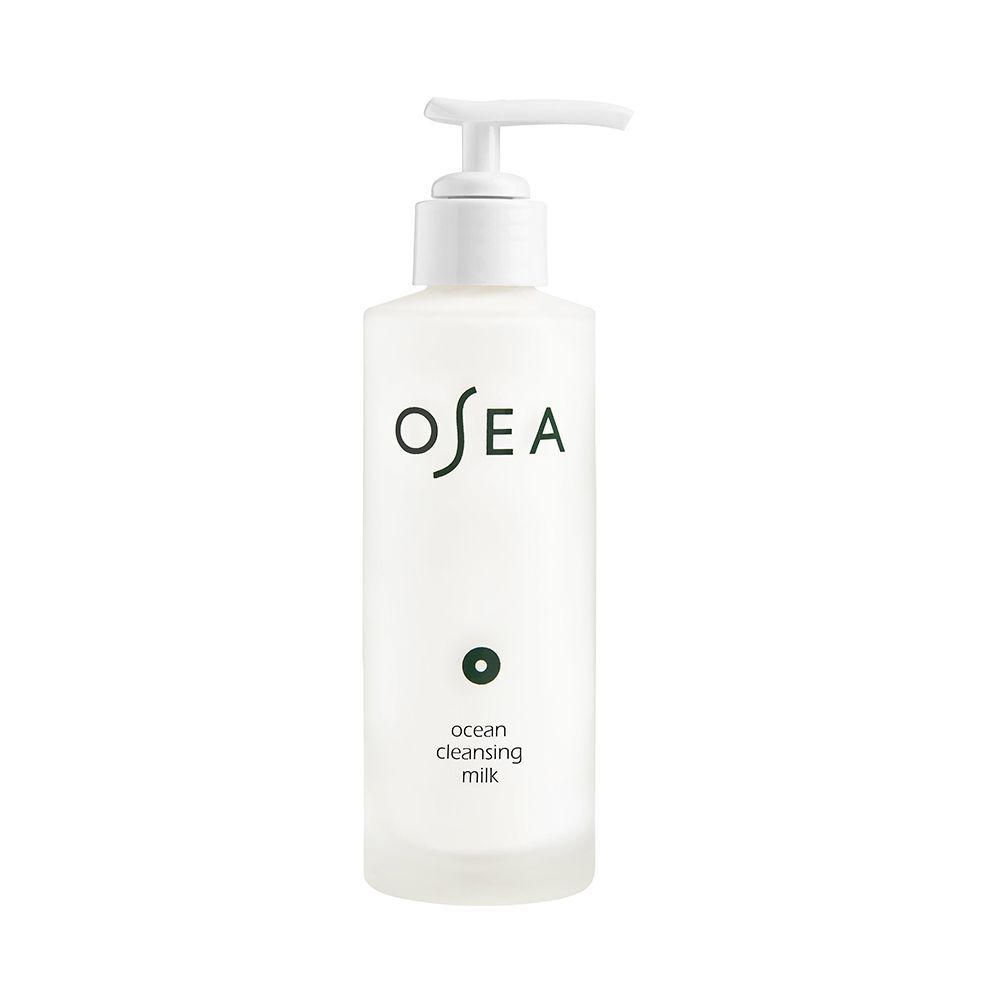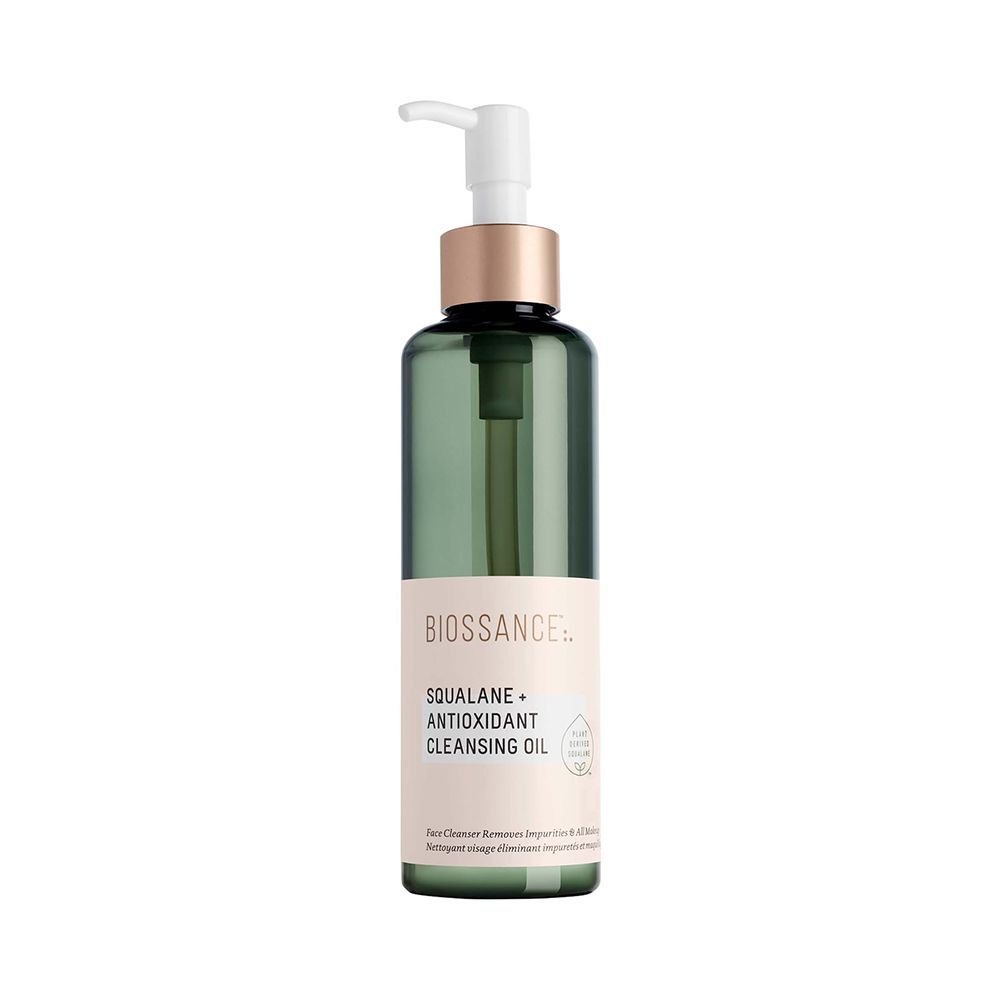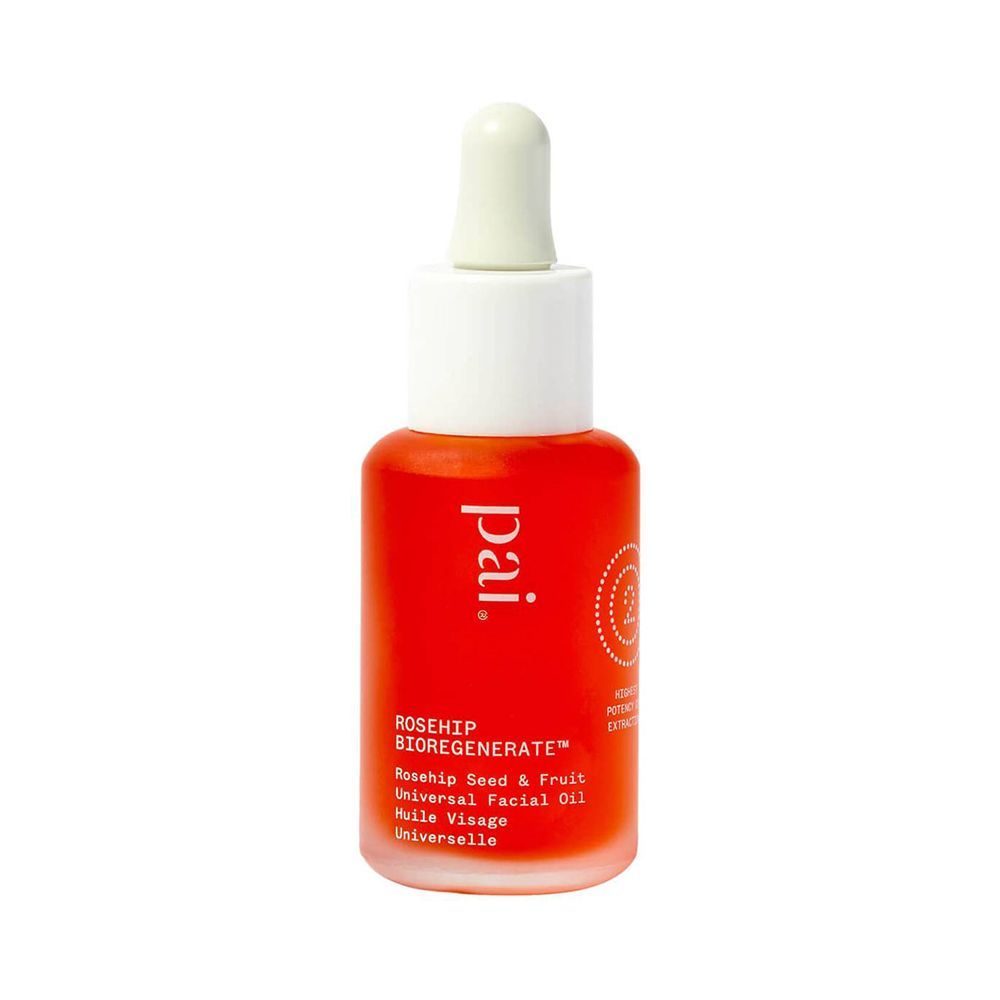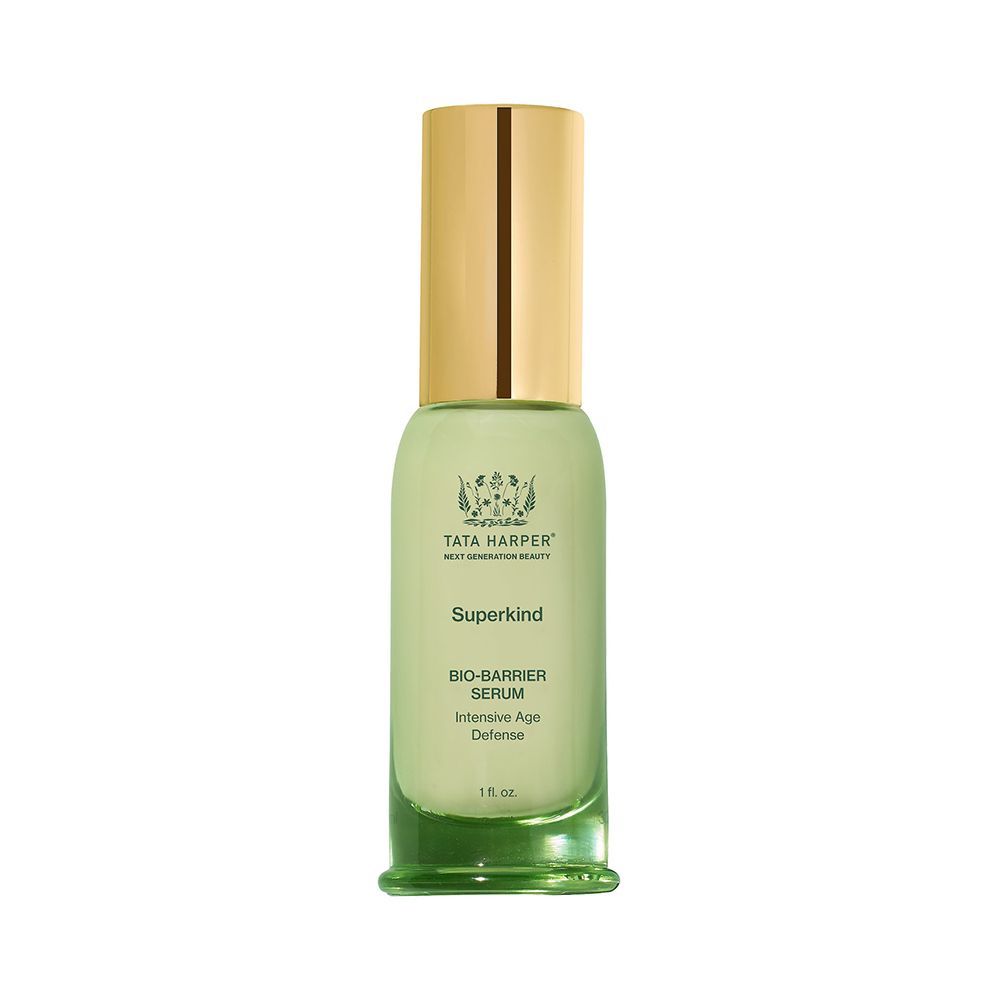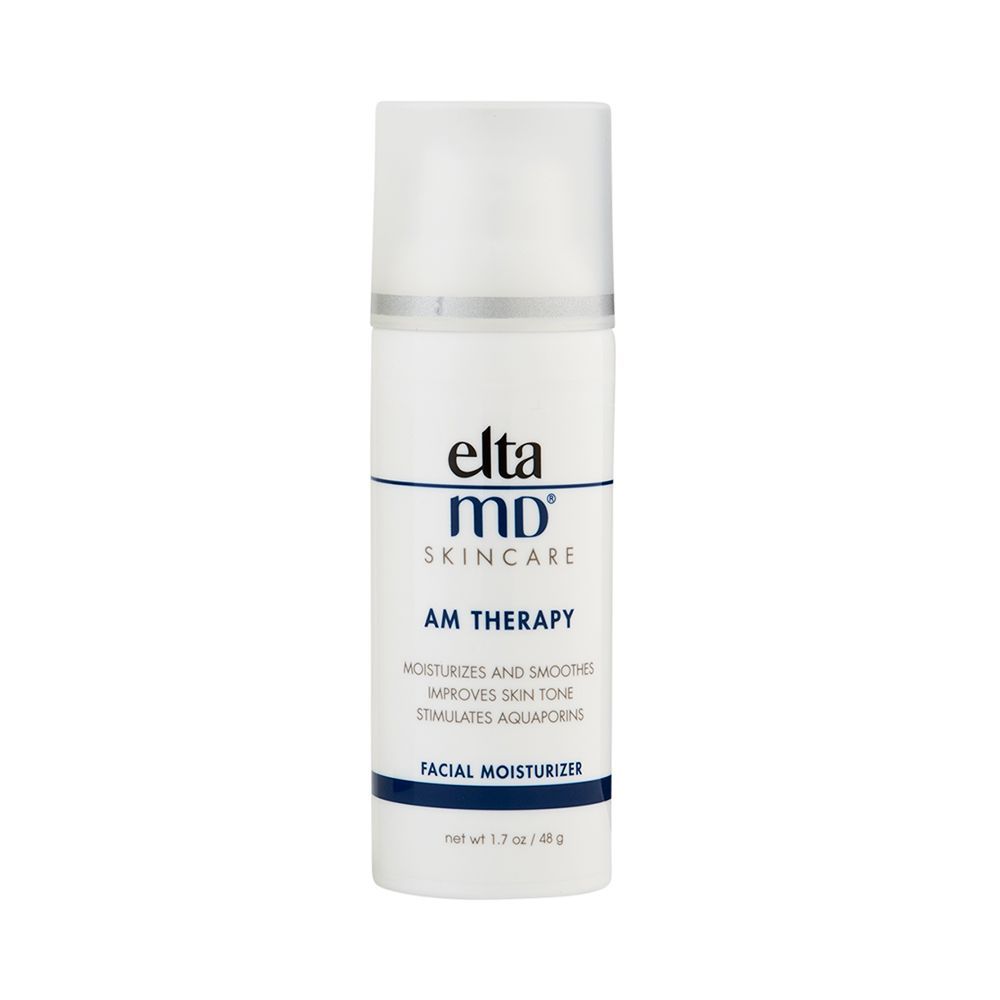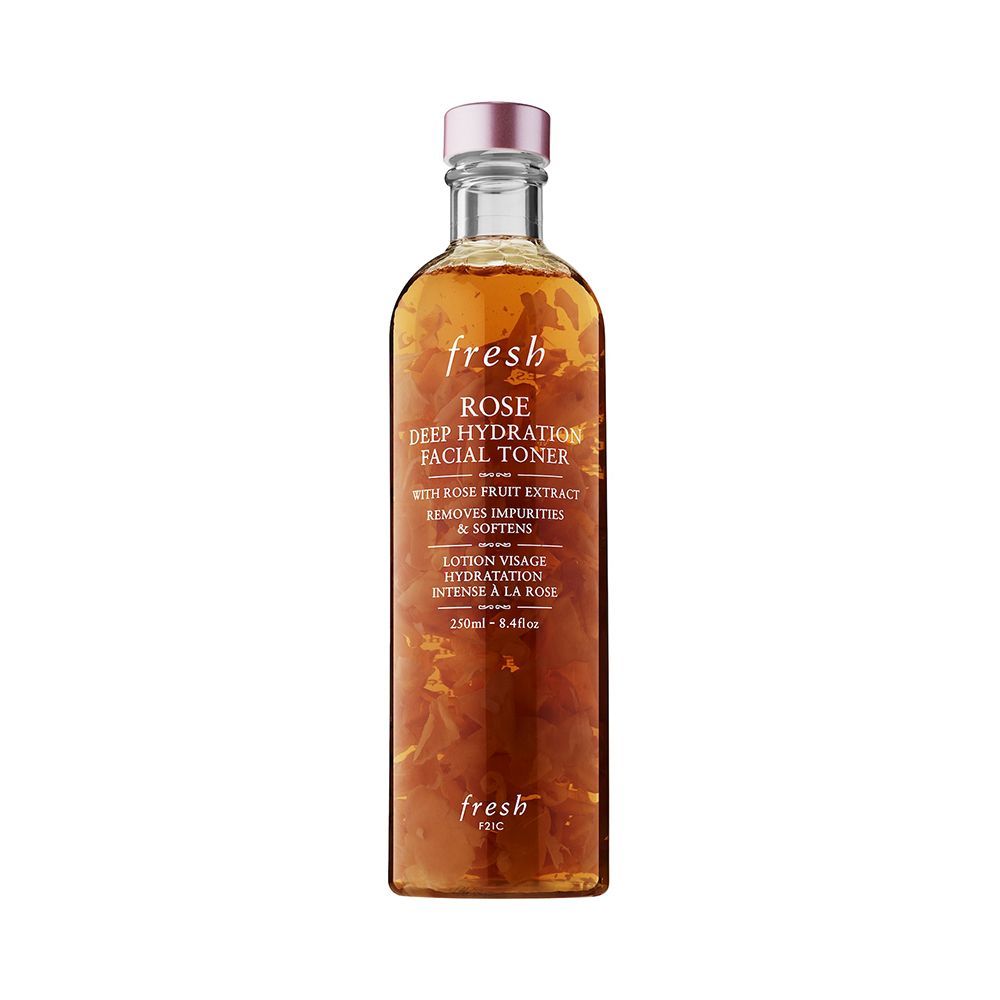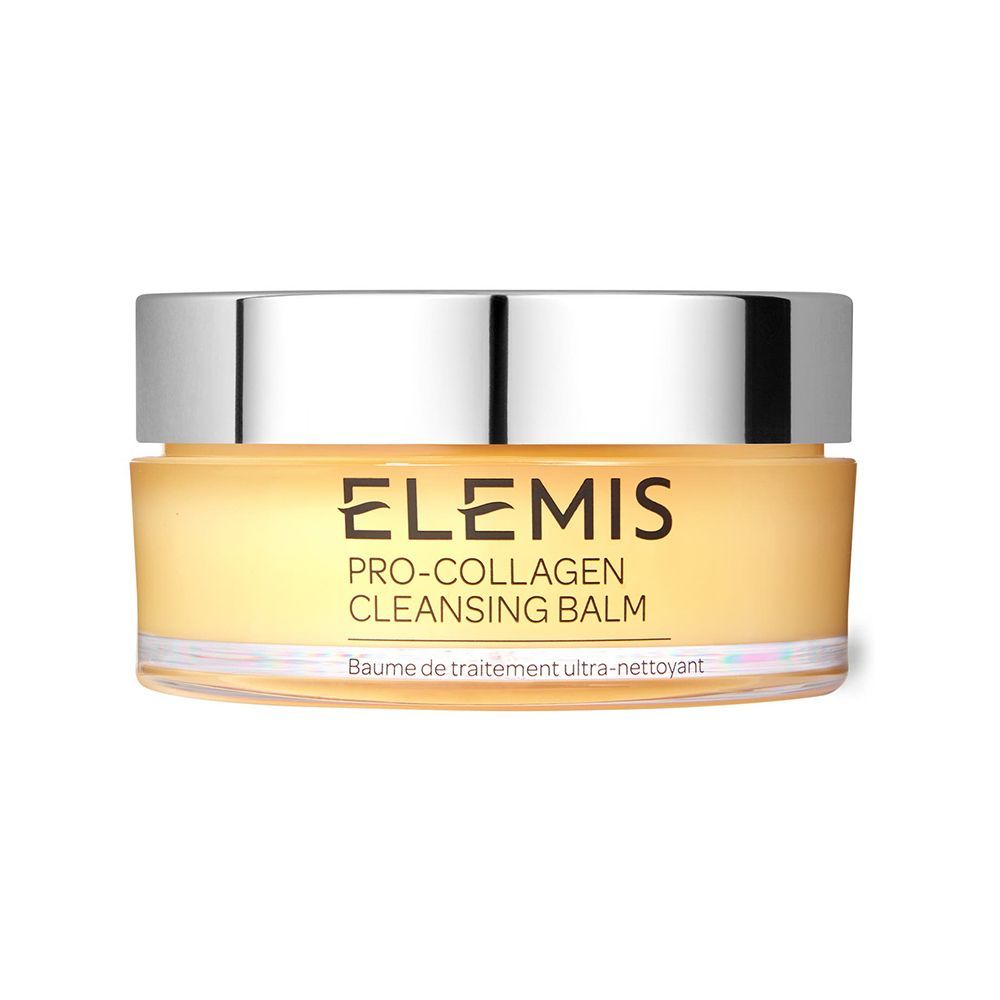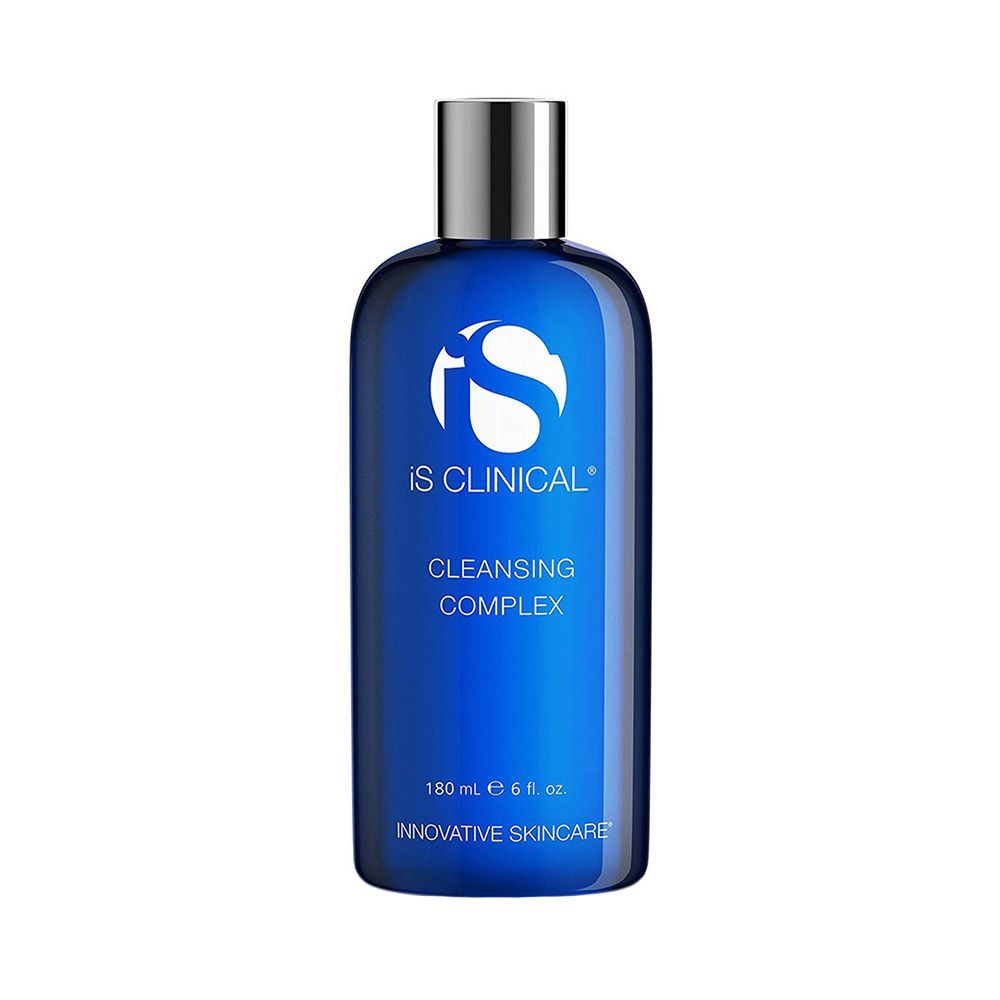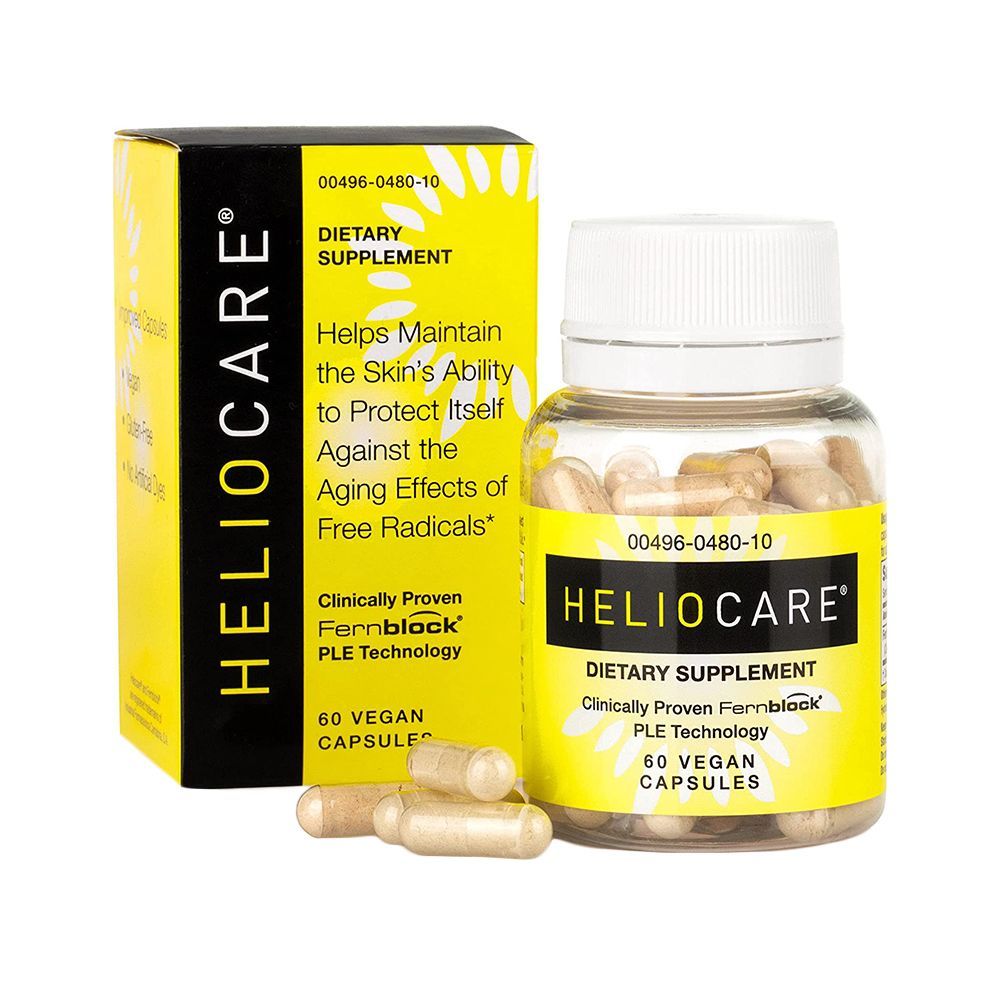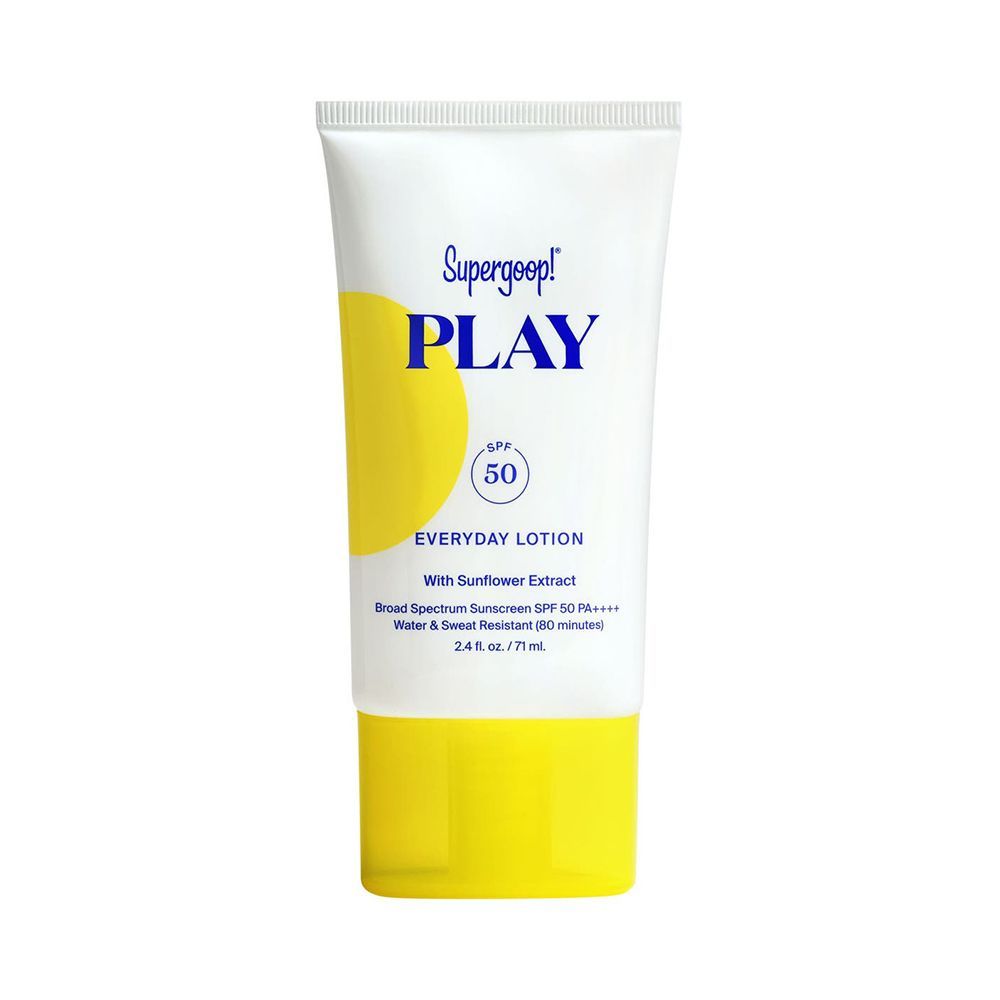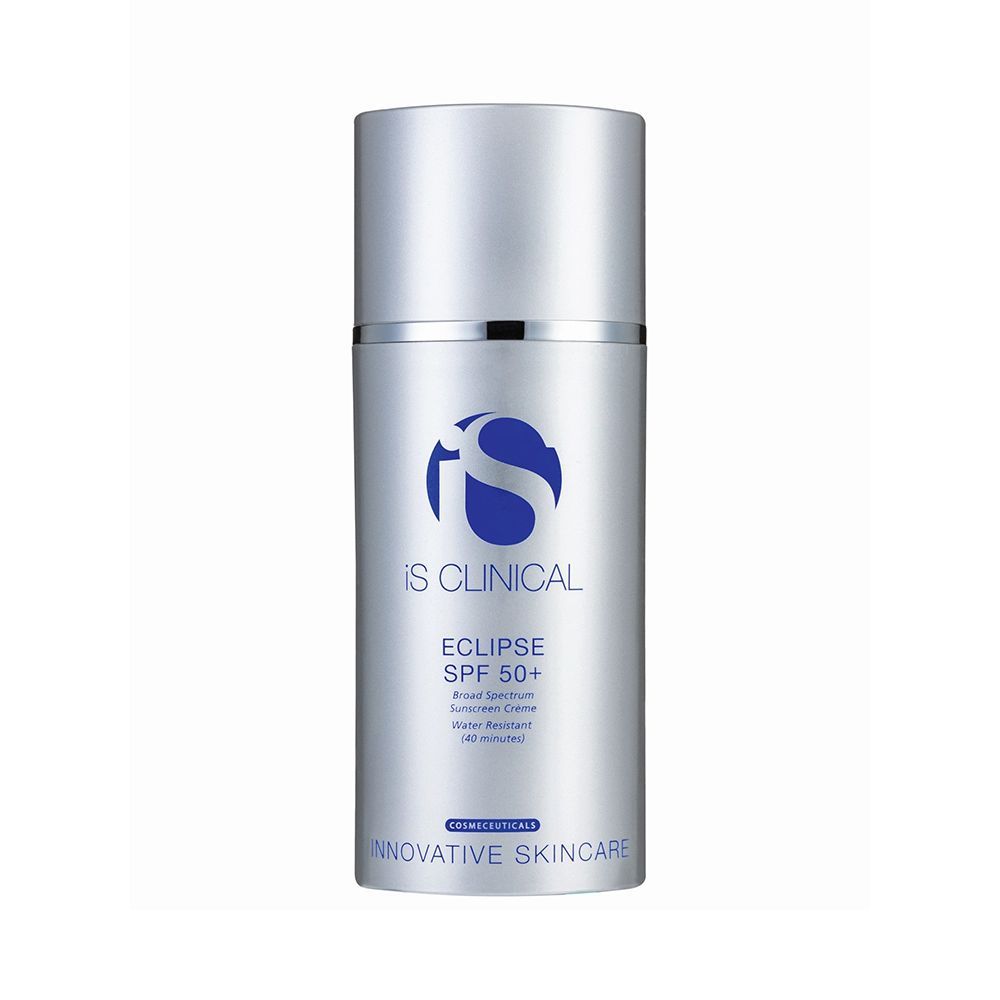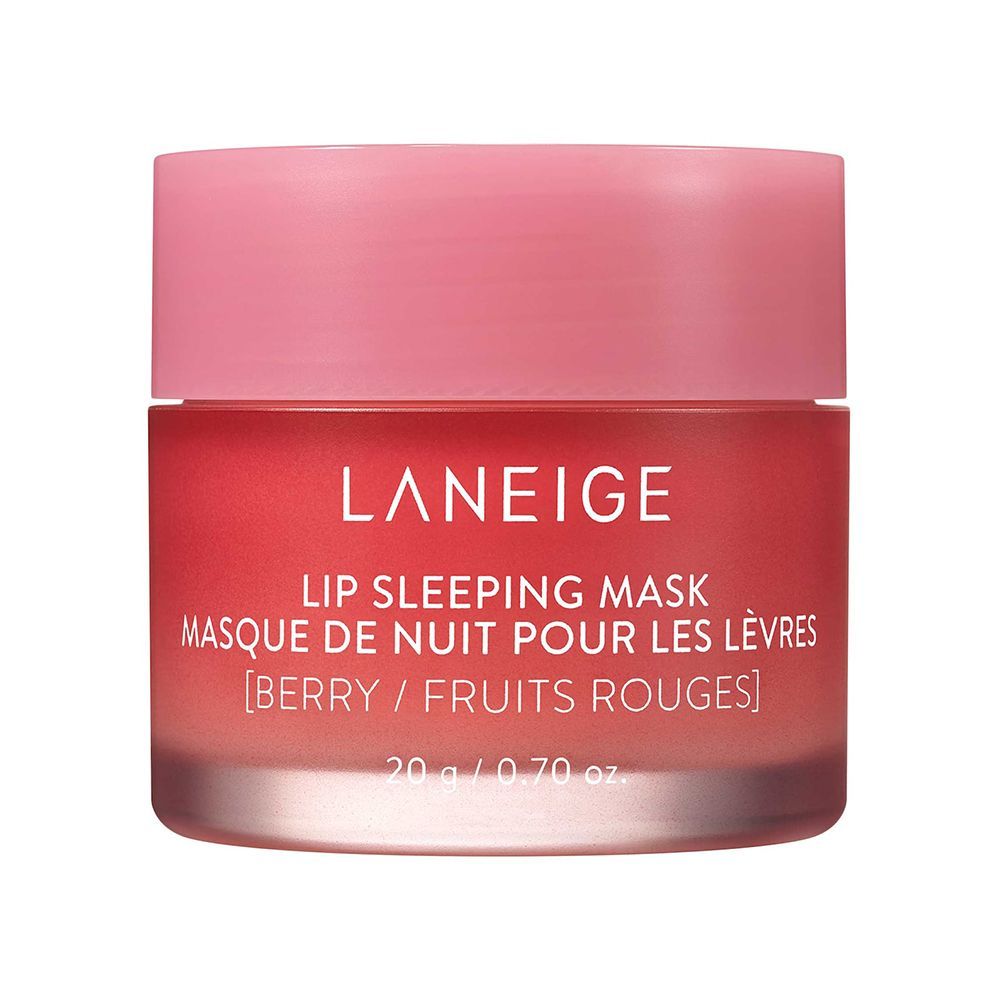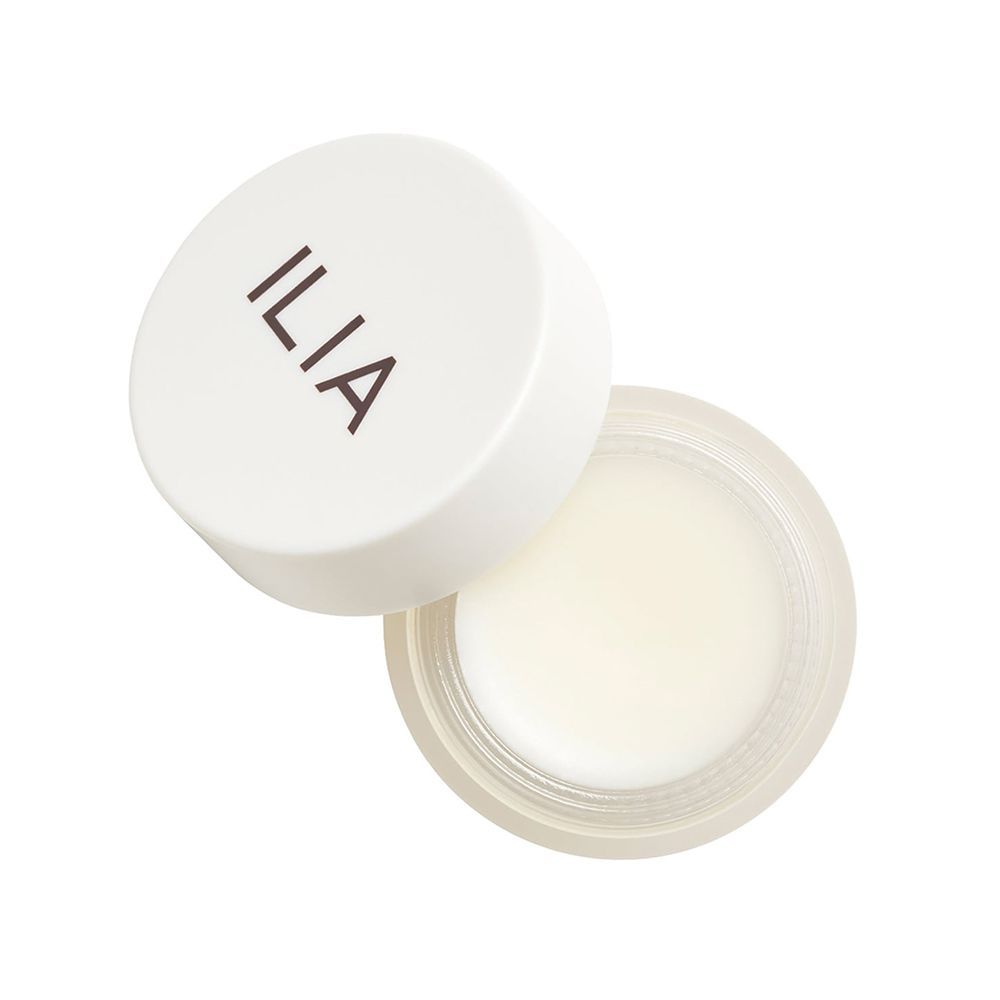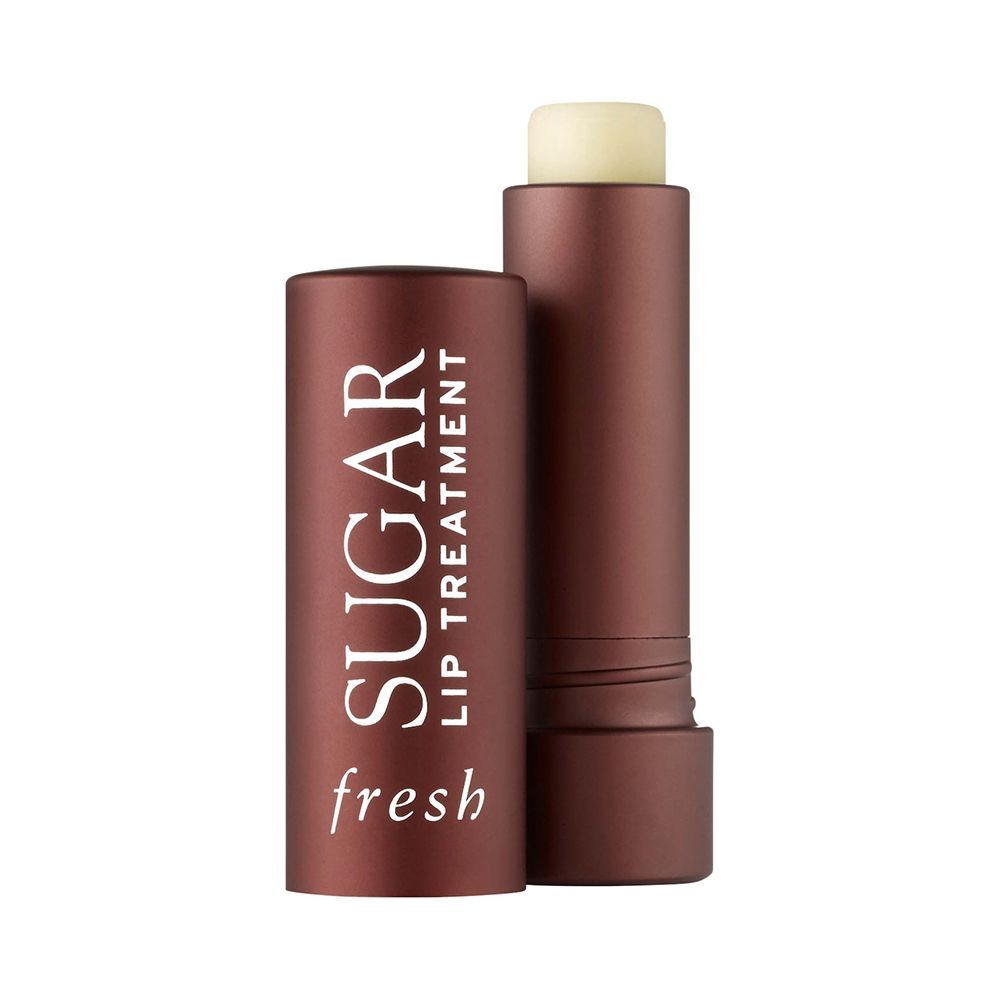7 Cold-Weather Skincare Commandments
Two years ago, I moved to Telluride, a small town nestled within Colorado’s San Juan Mountains at 9,000 ft. elevation. Within days of acclimating to my new mountain lifestyle, I noticed an unexpected concern: my skin was not happy. My lips were burning, my elbows were cracking, and my cheeks were flaking. Though my body was easy to address with your standard, advanced formula moisturizers (think Vaseline Intensive Care Advanced Repair Lotion), my face was a different story. The skincare products I was using at sea level just weren’t cutting it and the seemingly obvious solution of trying thicker, heavy-duty creams was causing breakouts. After months of trial and error, I began to find a routine that fared far better in my newly established alpine environment.
With the holidays approaching (and ski season upon us), you might find yourself visiting the mountains. To save you the hassle of stressed-out skin during your next vacation, I spoke with Denver-based board-certified dermatologist Dr. Nicole Neuschler and Denver-based licensed esthetician and acne specialist Jessica Clarke Higgins to hear all their expert tips for high-altitude skincare. Read on, and get out there to enjoy the mountain views with soft, supples kin.
It’s all about the ingredients.
It’s never a bad idea to switch up your skincare when old man winter rolls around. Our favorite products throughout the summer months don’t always do the trick when the temperature drops and extra hydration is needed to ward off dryness.
More From ELLE

Dr. Neuschler notes that ceramides, hyaluronic acid, and glycerin are hero ingredients to look for when incorporating new products into your cold-weather routine, especially when it comes to hydrating toners, serums, or barrier repair creams. “When traveling to high altitude spots, consider taking a break from your retinoids or harsh exfoliants,” she adds.
And if you can’t live without your exfoliator for the duration of your trip, Higgins recommends choosing a mechanical exfoliant, something with a small, gentle bead-like bamboo. “Acid ingredients can really burn when your skin is feeling dry,” she explains.
Start with the right cleanser.
Cleanser is the foundation of any skincare regimen — and should be selected thoughtfully when you’re planning on being exposed to dry environments. According to Higgins, a basic moisturizing cleanser with a milky base will be your best bet for hydrated, non-clogged skin.
Personally, I’ve found luck with a double cleanse routine. I begin my process with an oil cleanser (the Pai Light Work Rosehip Cleansing Oil) and then move on to a milky cleanser (the Tammy Fender Cleansing Milk). This way, my skin feels free of grime and environmental pollutants, yet still soothed by nourishing ingredients. But, Higgins warns, don’t go too heavy on oils. “Stay away from avocado or jojoba oils in cleansers; those are pretty high pore-cloggers,” she advises. On the flip side, cleansers with a gel or foam consistency can also be too striping and contribute to dryness. It’s all about striking a balance here.
Rethink your cold-weather moisturizer.
When we experience an episode of dry skin, our first thought tends to be to seek out a heavier moisturizer. It seems like the natural solution, right? According to Higgins, that’s not always the case. “Thick moisturizers with ingredients like shea butter and coconut oil are going to walk right into your skin alongside whatever is underneath them, likely causing clogging,” she explains.
If you’re prone to dryness, Higgins recommends sticking to a light daily moisturizer and adding in a layer of serum right before it. Alternatively, you could try following your moisturizer with a facial oil. “At night, a facial oil can be your last step on top of your night cream. In the morning, it can be sandwiched between your moisturizer and sunscreen for a nice glow and provide lasting hydration throughout the day,” she says. With this one added step, whether you choose the serum or facial oil route, you’ll be accessing deep hydration without throwing off your skin’s overall balance.
Yes, You Can Still Tackle Acne + Oil-Prone Skin
In a strange twist of logic, when your skin is dehydrated, it compensates by overproducing oil. “I see this issue daily in my Denver practice, especially with so many new residents in Colorado,” says Dr. Neuschler. “People come from lower altitude, more humid climates, and their oil production is on overdrive here, trying to help fight the dryness, but actually just creating acne problems,” she explains. Finding the right balance between moisturizing and acne prevention presents a tricky challenge.
Starting with a cleanser that is PH neutral is an important step, according to Higgins, who also advises following it up with a hydrating serum and SPF. “A lot of people with oily skin are scared of hydration,” she says. “But in dry climates, a hydrating serum is necessary.” Additionally, a product like the Paula’s Choice Skin Perfecting 2% BHA Liquid Exfoliant can help during breakouts. However, Higgins notes it shouldn’t be used more than three times per week during the winter since salicylic acid can be irritating if overused.
While living at 9,000 ft. elevation, I’ve noticed that my forehead tends to get oily, but my cheeks and chin will still feel dry. I’ve started applying my serum layer across my entire face and then avoiding my forehead when finishing up with my nighttime moisturizer. Everyone’s skin is different; don’t be afraid to experiment and discover what works for you.
At an altitude, eczema risk is real.
If you’re prone to severely dry skin, you’ll want to be extra cognizant of eczema while traveling for a ski vacation. Be proactive about beginning your boosted moisturizer routine before even boarding the plane to prep your skin and avoid dehydration. “Eczema is definitely more common at high altitude, low humidity climates, as most forms of eczema are exacerbated by xerosis (dry skin),” explains Dr. Neuschler. And while eczema most commonly affects the body, it can present on the face too, even impacting eyelids and lips. “I often see eczema and xerosis that flares up with a trip on an airplane and then persists while at higher altitudes if moisturizing isn’t immediately initiated,” she says.
Keep a travel-sized facial cream (like the Augustinus Bader Rich Cream) and hand cream (like Kiehl’s Ultimate Strength Hand Salve) in your carry-on bag to consistently reapply during your flight—though, make sure you’re applying with clean hands and not sticking dirty fingers into an open product jar (always look for squeeze or pump bottle packaging for this reason).
Dr. Neuschler and Higgins agree that Aquaphor Healing Ointment is an affordable, non-comedogenic (meaning, it won’t clog your pores) product that acts as an occlusive barrier for acute dryness. “If you’re super dry in the mountains and wake up feeling like your moisturizer didn’t even work, try putting a layer of Aquaphor on top of your skincare before bed the next night,” suggests Higgins. It’ll lock everything in, helping you retain moisture.
Hitting the Slopes? SPF is crucial.
If you’re headed out skiing on a gray, powder day, you may think you don’t need sunscreen or that it’s less important because the sun isn’t shining. If there’s one thing you take away from reading this, let it be that that assumption is incorrect. Regardless of whether or not you can physically see the sun, SPF is far more important at higher elevations compared to sea level. The atmosphere is literally thinner, meaning you’re at greater exposure to UV rays.
“The best sunscreen is the one you will actually use,” advises Dr. Neuschler. “Especially one you are willing to apply (liberally) and reapply! Choose a sunscreen that provides adequate protection, but feels, smells, and looks right on you,” she says. Something that is small enough to throw in your pocket and easy enough to reapply during a hot chocolate break is a good idea, like the Supergoop! PLAY 100 Mineral Stick SPF 50—a Dr. Neuschler favorite.
Living out west (Colorado is one of the sunniest states in America), I’ve gotten into the habit of applying Supergoop! Unseen Sunscreen daily and Supergoop! PLAY Everyday Lotion when I’m hiking or skiing—it’s sweat-proof for those active days. “Even if you didn’t grow up with adequate sun protection, I remind my patients that all is not lost,” says Dr. Neuschler. “It still pays to wear sunscreen and practice sun protection (including hats, sun protective clothing, and sunglasses) at any age.”
Don’t forget those lips!
When traveling to the mountains, your lips will likely be the first place you’ll notice feeling dry—it can even happen within the first few hours of your arrival. Rule Number One: Never leave for a ski trip without surplus lip balm and always keep it handy in your coat pocket for easy access on the chair lift.


